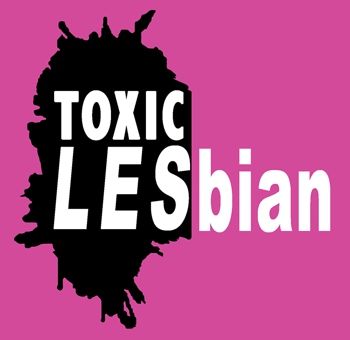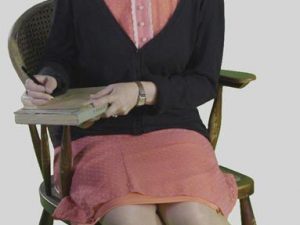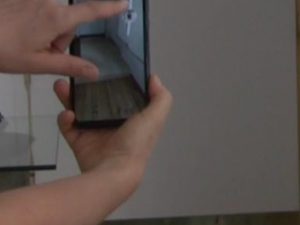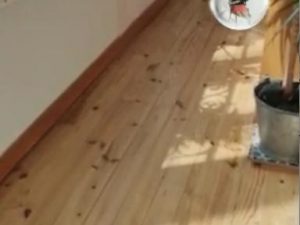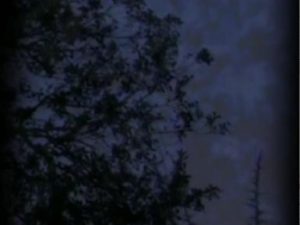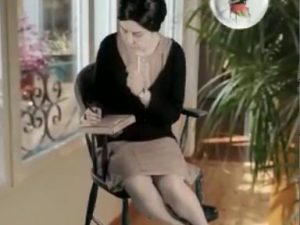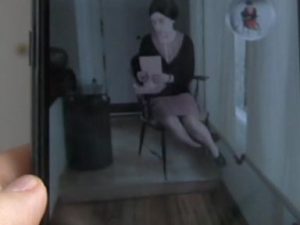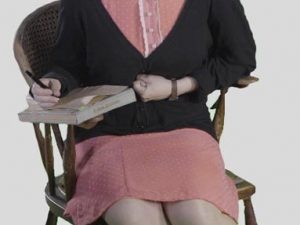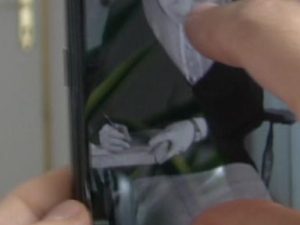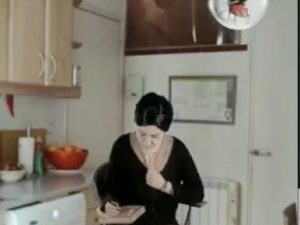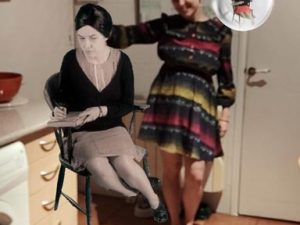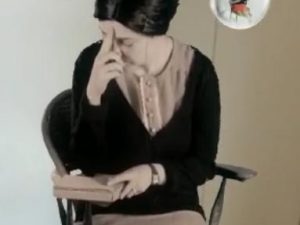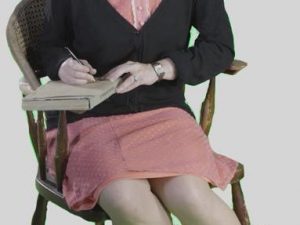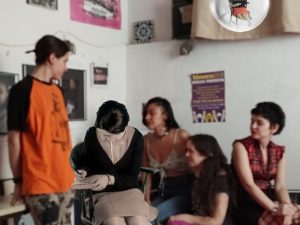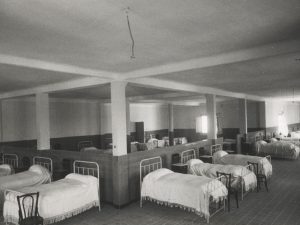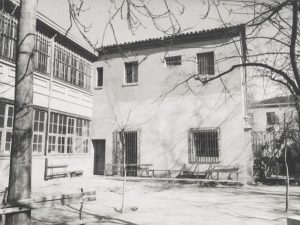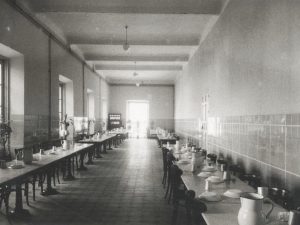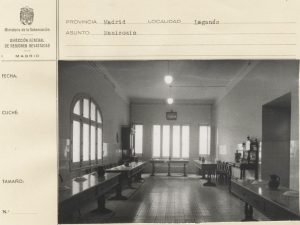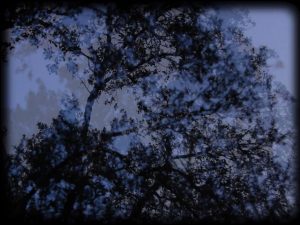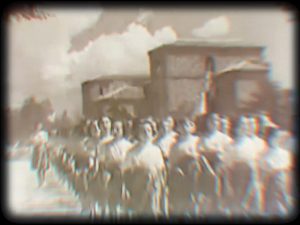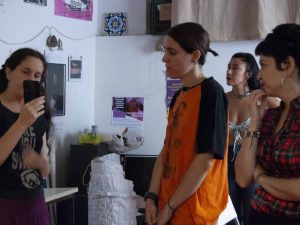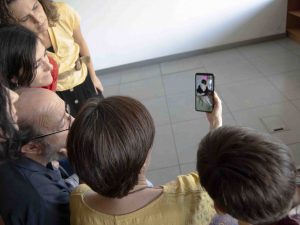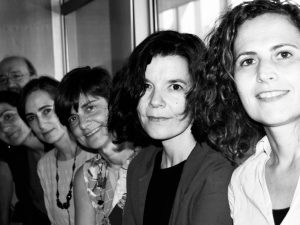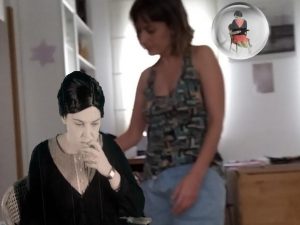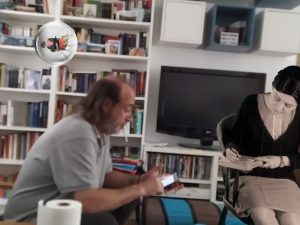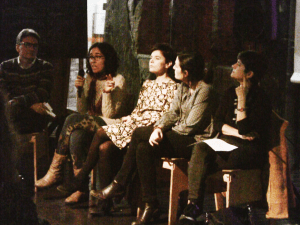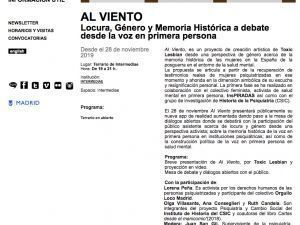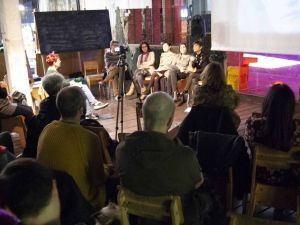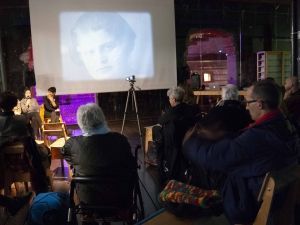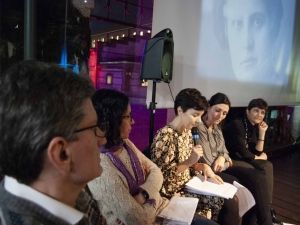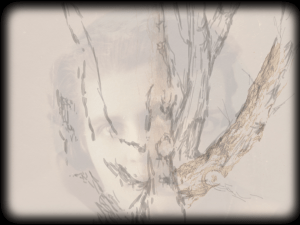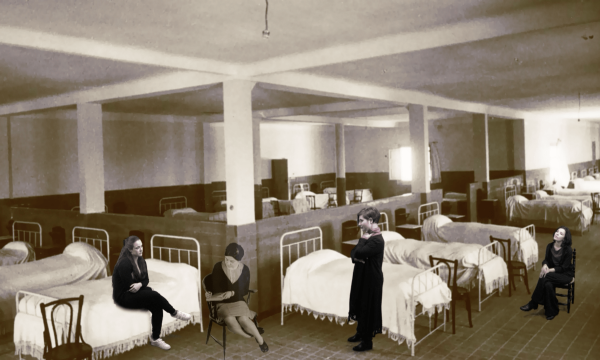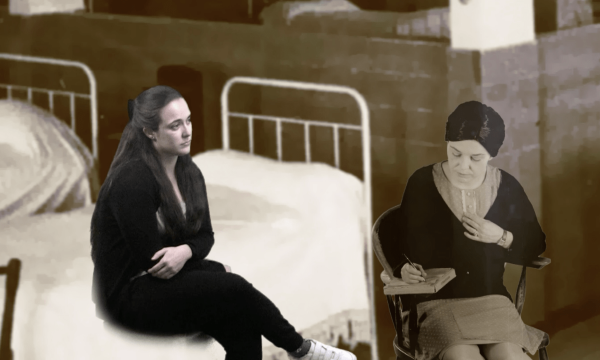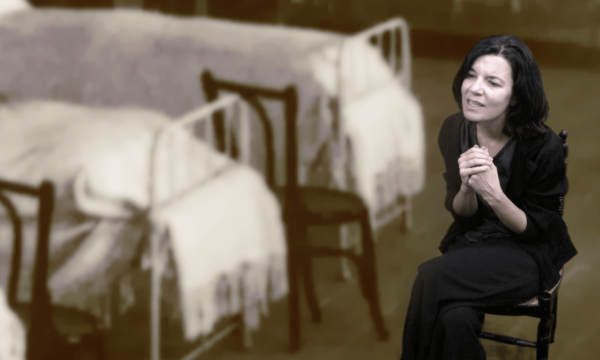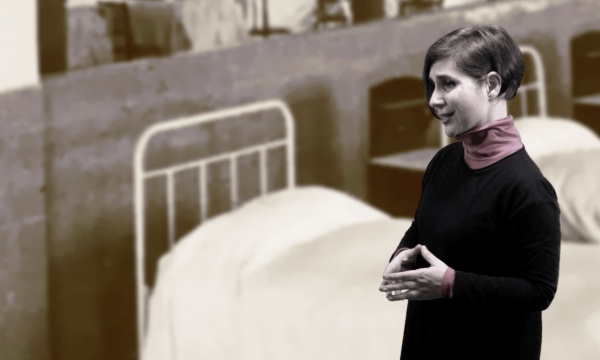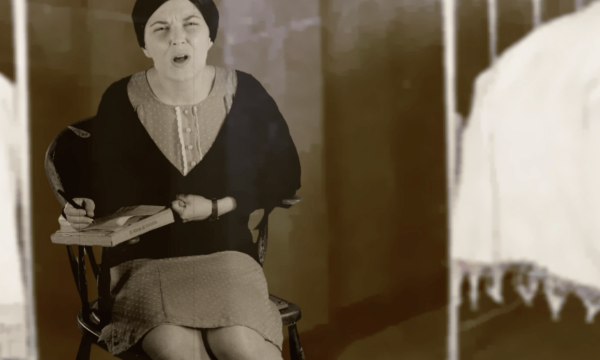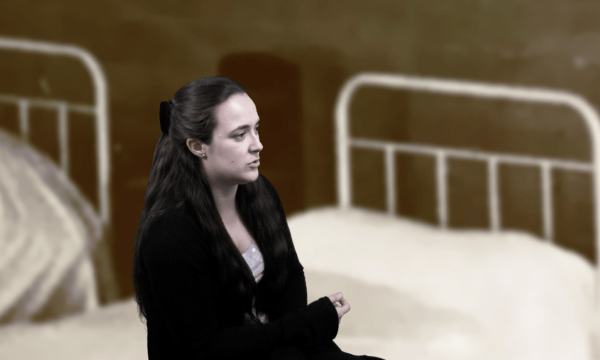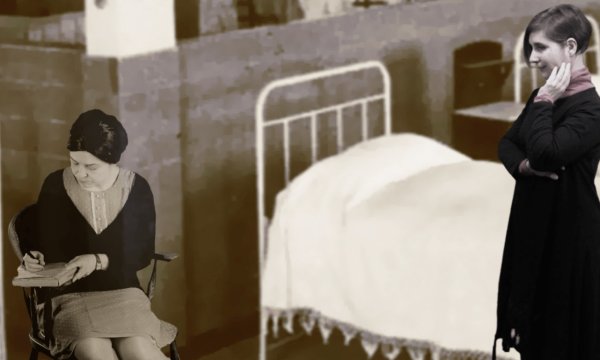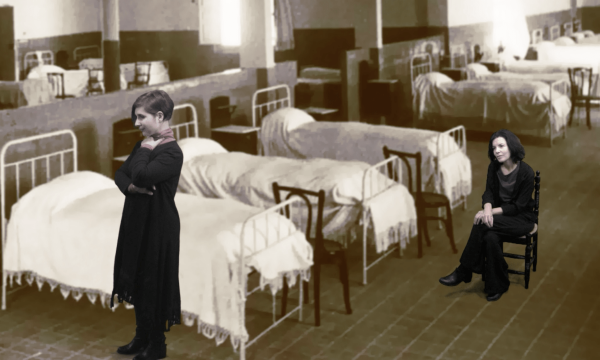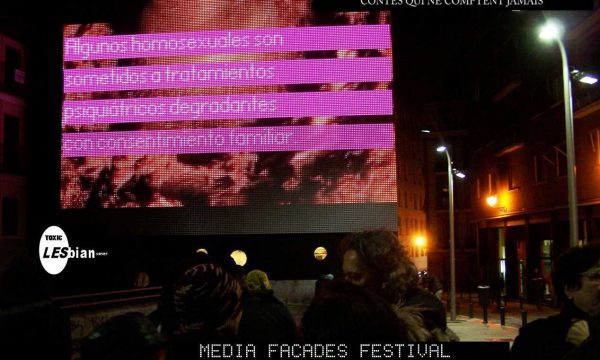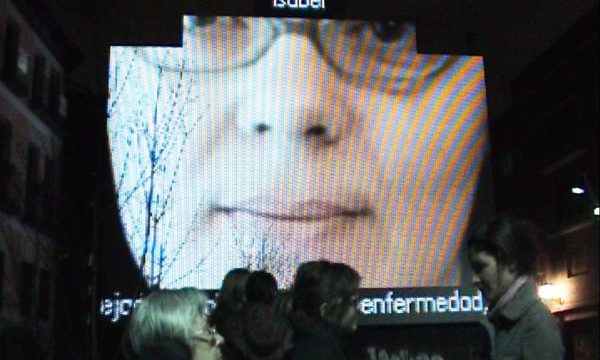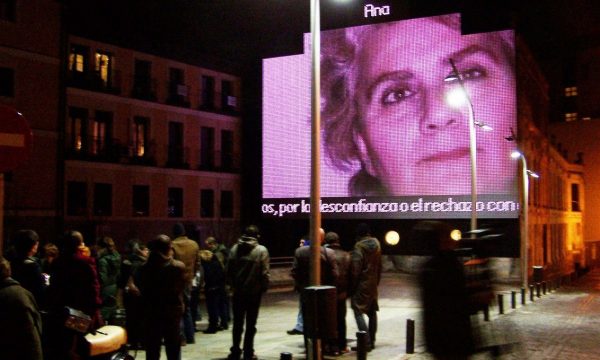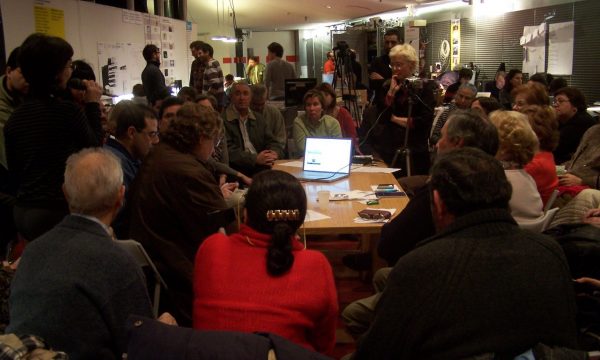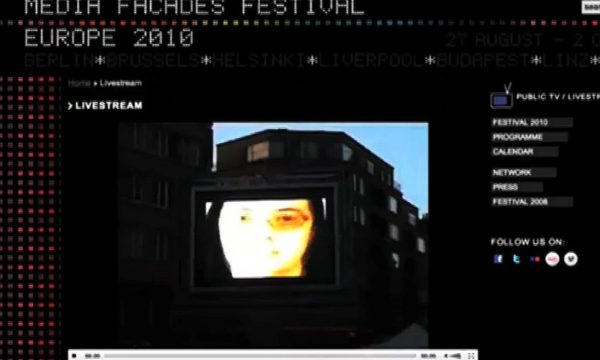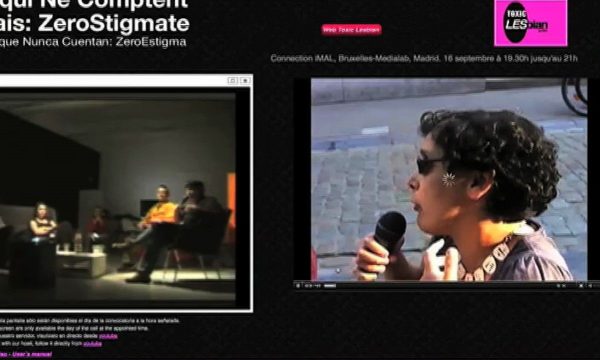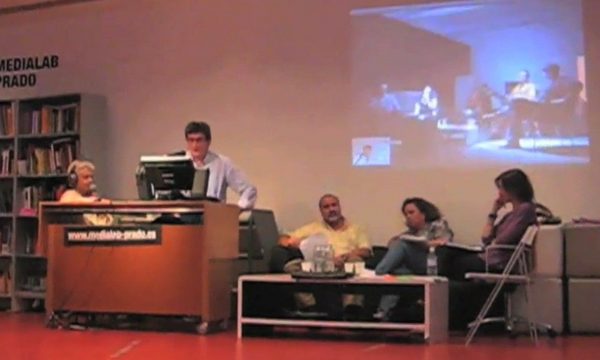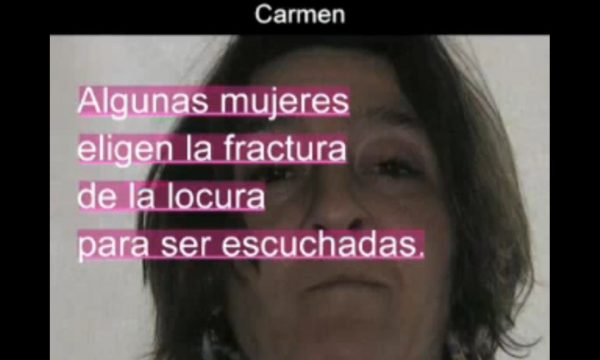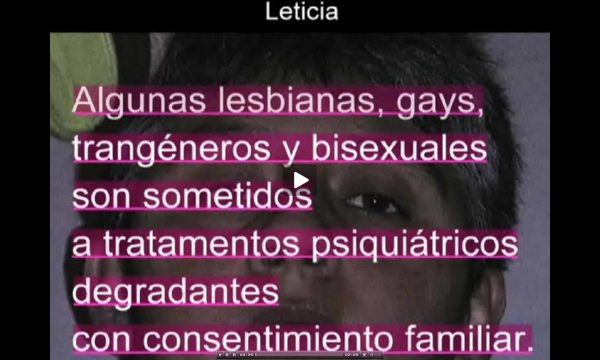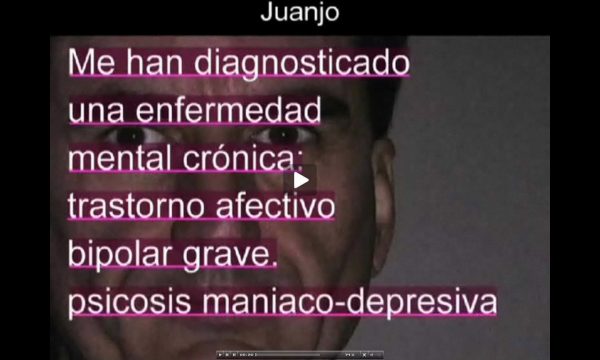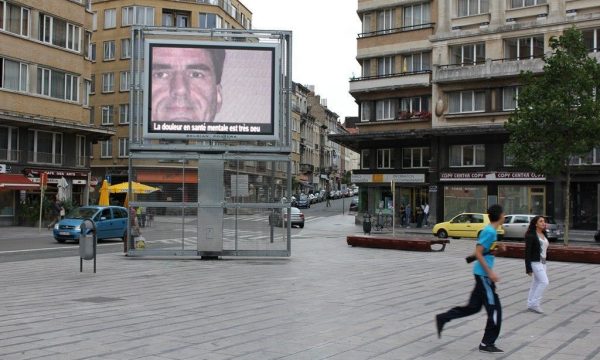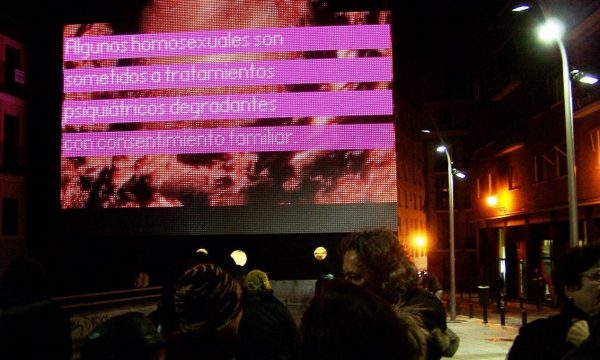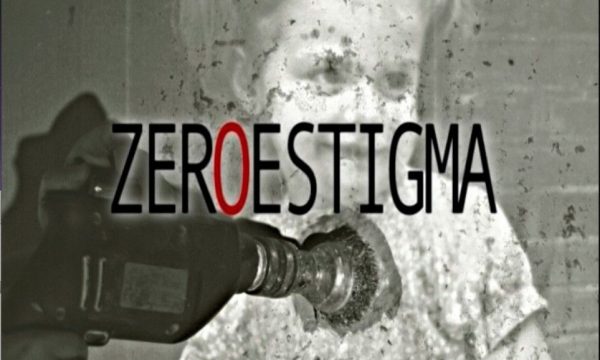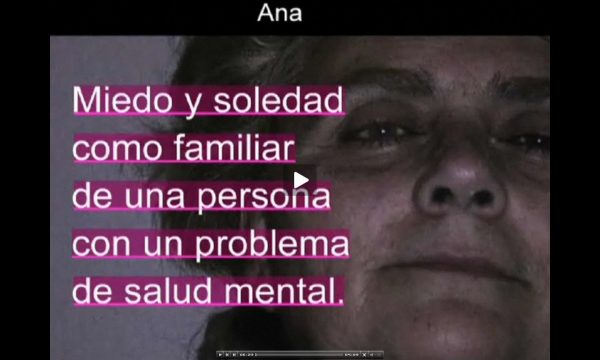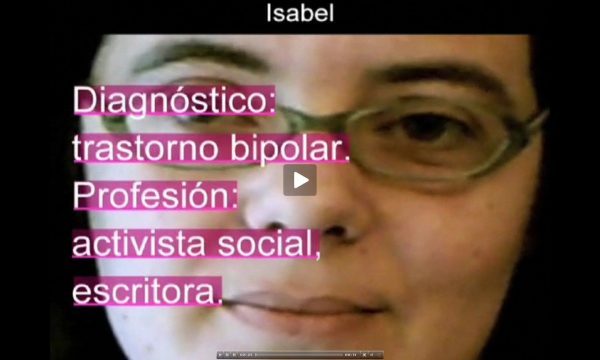To the Wind
Augmented Reality about mental health from a Historical Memory and Gender point of view
The work developed by Toxic Lesbian is an augmented reality app which is in prototype phase and available for electronic devices via Google Play.
Download the app for mobile phones or tablets:
Creation Subsidies offered by the Community of Madrid, 2019
Project done with sponsorship of the Aids to Creation of the City Hall of Madrid, 2022.
In 2019 a new phase of the Project is started and the prototype of the work called “Case Study of Lili”. The item is contextualized from a gender perspective about historic memory of women in post war Spain in the area of mental health. The proposal revolves around the recovery of real testimonies of women who were in psychiatric care at that time and goes into greater depth granting them a hearing and new personal meaning. To carry this out the Project has counted on the collaboration of the in first person mental health activist group with a gender perspective called InsPIRADAS as well as receiving aid from the Mental Health Federation of Madrid UMASAM. This “Study of the Case of Lili” is based on the book titled “Letters from the Madhouse” (Villasante, Candela, Conseglieri, Tierno, Vázquez de la Torre y Huertas, 2018), the History of Psychiatry research group with backing from the CSIC which also participated in the elaboration of this piece.
Case study of Lili
Lili, the name used by the person who wrote this work, is a woman who lived in post war Spain. Her biographic data was obtained from her mental health record as she was interned in the psychiatric hospital of Leganés and also from letters she wrote from there to her family and friends but which were never sent to their destinations.
Reconstruction of Lili´s profile
Lili’s testimony, psychiatrised woman during the Spanish post Civil War
Memories To The Wind
“Memories To The Wind” is a Toxic Lesbian project done in collaboration with a psychiatric research group and a social change group, the Mental Health Federation of Madrid as well as the Health and Alternatives for Life Association. The work is in the context of gender perspective about the historic memory of women in Spain of the post-war period in the area of mental health. The proposal revolves around the recovery of real testimonies of women that were treated in psychiatry and go into depth about the symbolic dimension of what they have to say and their personal re-significance. The work is based on the book “Letters from the Mental Asylum” (Villasante, Conseglieri, Tierno, Vázquez de la Torre y Huertas, 2018) which is a compendium of letters written by people in psychiatric treatment in the mental hospital of Leganés and which never reached their destinations. Specifically, it deals with the case of Lilí, who was an intern in this hospital in 1943.
“Memories To The Wind” recreates the scene of the writings of several fragments of letters addressed to her husband. Simultaneously we find within the same ward of the mental asylum three exceptional witnesses who currently assume different roles in the field of mental health: Nerea Fernández, Ana Conseglieri and Olga Real Najarro. Past and present intervene in the scene merged in a discourse that is only possible in science-fiction.
Project done in collaboration with:
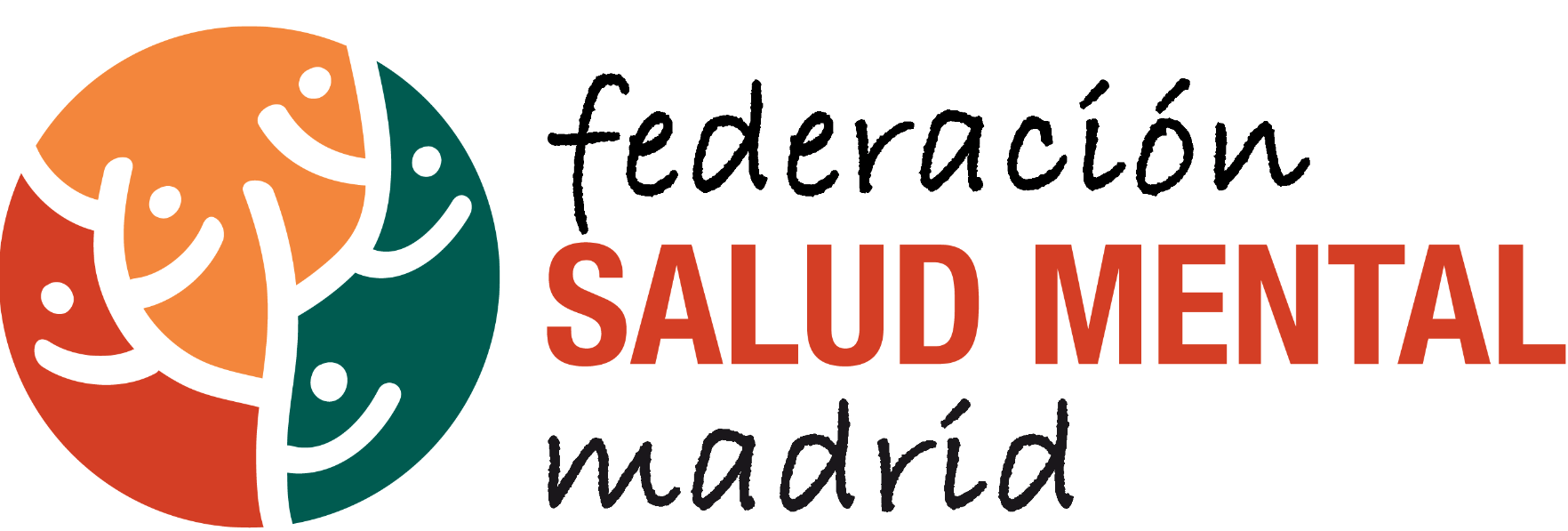
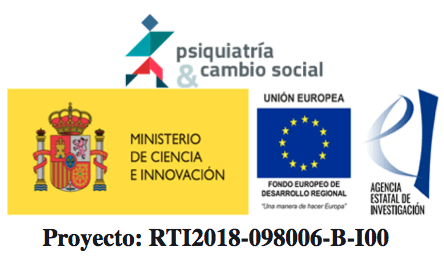
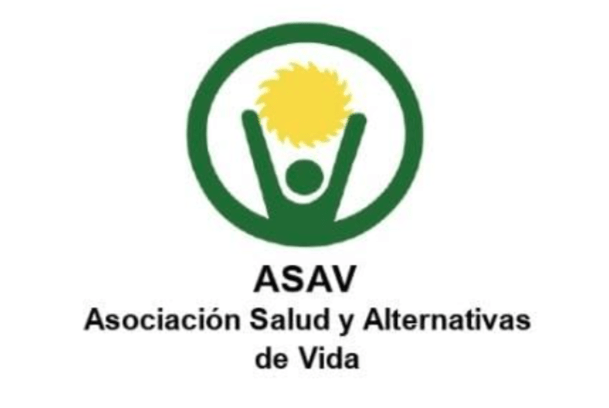
Project done with sponsorship of the Aids to Creation of the City Hall of Madrid, 2022

Tales that are never told
The psychiatric control in society overall under women and lesbians
Círculo de Bellas Artes Contemporary Art Workshop, Madrid (2010).
Open Up Workshop at Medialab-Prado, Madrid (2010).
Matadero 2010 Mobility Grants, Madrid Council.
European Media Facades Festival 2010, Transmediale.
iMal Digital Culture Centre at Brussels (Belgium), and Public Art Lab Berlín (Germany) presentations.
In collaboration with FEMASAM (Mental Health Associations)
Funcionamientos Workshop, at Medialab Prado, Madrid (2012).
Public art project by Toxic Lesbian: Developed as an art in process and community art project in collaboration with people with mental health problems diagnosed, therapists, families, activists, that generated an image with critical testimony about the stigma of madness, also from the point of view of the gender and sexual orientation.
It started in Madrid in 2009 at Circulo de Bellas Artes following at La Casa Encendida, both cultural and art centers of the city. In 2010, the project was selected to be produced in Medialab-Prado at Open Up workshop for Media Facades projects. Social collaborators making part of mental health context and LGBT activists, helped to build the images and texts of the project during the workshop. Afterwards, Medialab-Prado selected this project to be presented at the Media Facades Festival and public media facades from art spaces in Brussels and Berlin exhibited it. Media Facades Festival Europe 2010 (MFF 2010) is an urban media art project that interconnects seven European cities through urban screens and media facades located in public spaces. Artists and media designers show throughout Europe specially developed art projects, during screenings and Joint Broadcasting Events, opening a global window to create dialogue. This public presentation included an streamed action in Madrid streets, Brussels and Berlin, where passersby could leave their opinion about this topic.
The meaning of stigma in mental health is taboo for society, surrounded by prejudice against the dignity and installed in all aspects of our environment (media, literature, film …) that maintains the belief of a shameful reality that must remain hidden.
Click on photos to enlarge / Download 15 images in .pdf
Círculo de Bellas Artes, Madrid, Art Workshop
Contemporary Art Workshop as part of the Madrid Circle of Fine Arts:
Developed in collaboration with FEMASAM (Federación Madrileña de Asociaciones de Salud Mental – The Madrid Federation of Mental Health Associations) in 2009, a number of conferences, film screenings and debates on these screenings were held as well as interviews with various stakeholders as part of the research carried out by Toxic Lesbian. Users of the mental health system, therapists and activists both in the area of mental health and LGBT participated as well as there being testimonials from Amnesty International.
Interview about cases of women in mental health therapy
Carmen describes her personal experiences as a mental health therapist. She considers views on the cases of women she has treated, firstly the possibility that women in certain situations experiment with madness as “the place to be”; secondly the role of solitude as the caregiver to women who, on losing the people they care for, find in mental health a space to be heard; and finally how women who don’t fit society’s traditional moulds are persecuted and are labelled as “mad” or “hysterical”.
Interview on the case of a lesbian woman who was sectioned due to her orientation
Real-life testimonial about a lesbian woman who due to her family and socio-cultural background is convinced to marry a man, but rejects the sexual relationship as a victim of mistreatment: rape.
Conference-debate on 21 October 2009, Circle of Fine Arts, Madrid
Elvira, Antonella, Miriam and Estella discuss the role of education in the context of both preventing problems related to mental health and the respect and social integration of these groups, as well as the meaning of “mental illness” versus the definition of “system”.
Conference-debate on 22 October 2009, Circle of Fine Arts, Madrid
Ana, Juan Carlos, Luna, Juanjo and Antonella discuss the role of mental health user and family associations, the role of the Administration in this respect and also the process of demanding civil rights for this group.
Conference-debate on 23 October 2009, Circle of Fine Arts, Madrid
A number of guests discuss topics relating to mental health and women, lesbian or otherwise, from a feminist perspective, analysing whether their orientation has been and continues to be a decisive aspect in their being sectioned, in their treatment or even in their own personal approach to their problems
Open Up workshop
Organised by Medialab Prado, this workshop led by Nerea Calvillo, selected a number of projects in 2010 (http://medialab-prado.es/article/open_up_proyectos_seleccionados) to be produced as part of the Madrid City Council’s Digital Façade, coordinated by this laboratory. The Toxic Lesbian initiative met with members of civil society in the Plaza de Las Letras through a number of social movements focused on creative works designed for this medium.
International Media Facade Festival
Medialab-Prado, Madrid, (Spain) iMAL, Bruxelles (Belgium), Public Art Lab, Berlin (Germany) Media Facade Festival; Maison Arc en Ciel, Brussels; ILGA. Sponsored by Ayudas a la Movilidad de Matadero, Madrid Council, 2010.
Medialab-Prado selected this project to be presented at the Media Facades Festival and public media facades from art spaces in Brussels and Berlin exhibited it. Media Facades Festival Europe 2010 was an urban media art project that interconnects seven European cities through urban screens and media facades located in public spaces. Artists and media designers showed throughout Europe specially developed art projects, during screenings and Joint Broadcasting Events, opening a global window to create dialogue.
This public presentation includes an streamed action in the streets of Madrid, Brussels and Berlin where passersby can leave their opinion about this topic. Installation at media facades places disposed a connection point with a camera and a microphone where passersby can leave their opinion about the message of the project. The result were followed live by Toxic Lesbian’s and Festival’s TV channels and also mini-videos were uploaded in real time on YouTube.
Toxic Lesbian presents finally an open debate between Imal (Brusseles) and Medialab-Prado (Madrid), as part of the activities of the Media Facades Festival Europe 2010. Guests at the two cities make a dialogue in two simultaneous languages streamed by Medialab, iMAL, Festival and Toxic Lesbian’s channels to Internet. The project was too presented at Maison Arc en Ciel in Brusseles and Madrid as a conclusion.
People with mental health problems diagnosed, therapists, families, activists, lesbians, trans, generated a discussion group connecting Brusseles and Madrid, with critical testimony about the stigma of madness.
![]()
This project has been granted by Madrid Council 2012, Matadero Contemporary Art Center
“Functionings” Workshop, Medialab Prado, Madrid.
This project looks at the situation of people suffering from a mental illness in the work environment. Developed in the context of “Functionings” a workshop was organised on functional diversity by Medialab and held in Matadero, Madrid at the end of 2012.
The Toxic Lesbian project works with people from the field of mental health, associations such as Alonso Quijano or individuals, as well as therapists and representatives from the business world.
During the two stages of the workshop and based on the dialogues held with the various participants (people with a mental illness, psychologists, designers etc.) a number of environmental prototypes will be generated for different work contexts. These prototypes may be of a technical nature related to messages about mental health stigmatisation in the work environment, the design of spaces adapted to these very contexts to foster dialogue or even documentaries compiling recommendations for companies.
ZeroStigma falls within the scope of Toxic Lesbian’s project on mental health and functional diversity which started in 2007
Research sessions in Medialab, “Functionings” Workshop on stigmatisation of mental health and the work environment:
